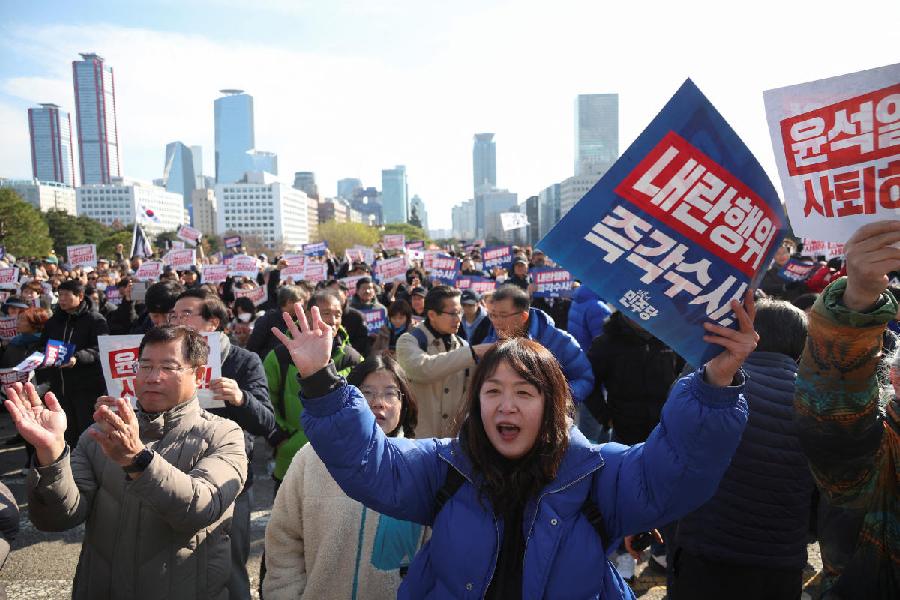For a few hours on Tuesday night, South Korea was pitchforked into the past after its president, Yoon Suk Yeol, declared martial law in a desperate attempt at entrenching his power amid declining popularity ratings. Yet, as morning dawned on Seoul, the threat of a military takeover had vanished after legislators defied armed security personnel to enter Parliament and overturn Mr Yoon’s diktat. Overnight, South Korea became a potent symbol of both the vulnerability of democracy and of a polity’s willingness to offer a democratic pushback to prevent the ushering in of a dark future. Both are lessons that will echo far beyond the Korean peninsula. From its very founding in 1948 through the late 1980s, South Korea was beset by a series of dictatorships and military coups wherein martial law was frequently used to crush political opposition and dissent. Two generations of South Koreans fought for change before the country turned to democracy in 1988. This week, a new generation showed that it was willing to do whatever it takes to defend those gains and prevent the backslide that Mr Yoon had ordered. Now, the South Korean president faces impeachment proceedings in a Parliament dominated by the Opposition at a time many of his own allies are upset over his actions. Members of his staff and cabinet have resigned in protest against the brief invocation of martial law.
Yet, it would be a mistake to view the developments in South Korea as either specific to that country or an aberration for the 21st century. In the United States of America, the president-elect, Donald Trump, has suggested he might be open to using the military for law enforcement, including to expel millions of immigrants. In Pakistan, the military was deployed recently to stop supporters of the former prime minister, Imran Khan, from reaching the heart of Islamabad. In Brazil, prosecutors last month charged the former president, Jair Bolsonaro, of plotting a coup to retain power after he lost the 2022 election. The Democratic Republic of the Congo, Bolivia and Burkina Faso have all witnessed attempted coups in 2024. In recent years, indices measuring the state of democracy globally have repeatedly warned that countries are slipping. Against this backdrop, South Korea showed just how important the institutions of democracy — especially the legislature and the judiciary — are in safeguarding a country against an executive’s authoritarian instincts. If these institutions are weakened, democracy can crumble within hours.










